On Monday 20 November 2023, 77 members of the public and NIHR Imperial Biomedical Research Centre researchers and staff gathered to celebrate public involvement in research and network.
As part of the Imperial Imperial Biomedical Research Centre (BRC)‘s Public Involvement Engagement and Participation Strategy (2022 to 2027) almost 80 Community Partners have been recruited to support the NIHR Imperial BRC through steering groups linked to the Imperial BRC’s 14 Research Themes. Community Partners are people who live, work, study, or receive healthcare in North-West London, and who are passionate about sharing their valuable lived experience to help improve research and the health of the North-West London community.
The Patient Experience Research Centre (PERC) (which is a core facility of the Imperial BRC and provides advice and support to Imperial BRC researchers on public involvement, engagement and participation in research) organised the inaugural Imperial BRC Community Partners in Research Event in the Imperial College London Queen’s Tower Rooms on the evening of Monday 20 November 2023. The aim was to bring together Community Partners, researchers, and staff from the Imperial BRC to meet informally and showcase examples of how public involvement has benefited research. We were also pleased to welcome guests from the Department of Health and Social Care.
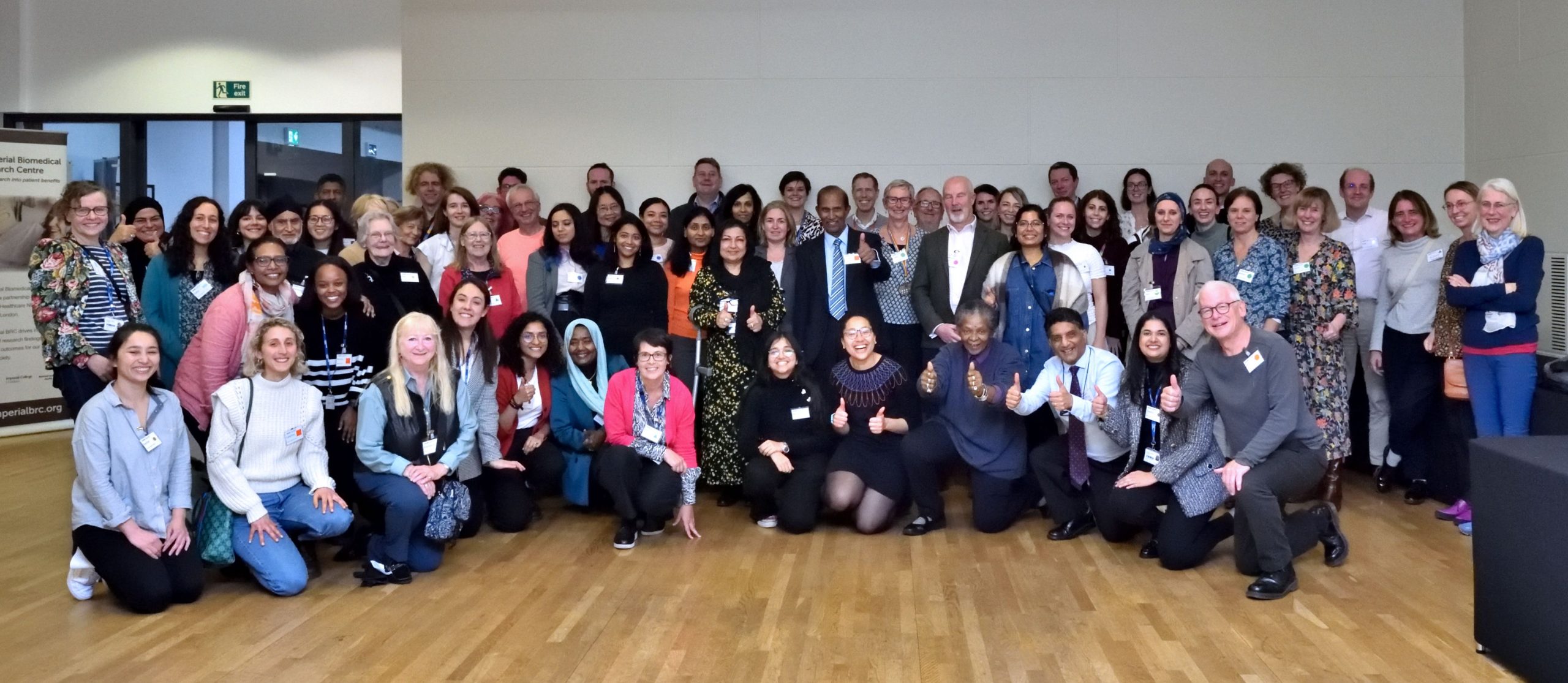
Cross Research Theme Interaction
We wanted Community Partners to have the opportunity meet Community Partners and Imperial BRC researchers from the other Themes apart from the Theme to which they are linked. Therefore, we combined Community Partners and Imperial BRC researchers from different research Themes together on tables. Each table had a designated facilitator, who was either a member of the PERC team or a Patient and Public Involvement and Engagement (PPIE) Lead from a research Theme. In order to make academic staff more approachable, we moved away from the use of titles and roles on name badges, where only first names were printed with the name of the research Theme to which they are linked.
“The chance to meet other partners, researchers and clinicians. The name badge system was great – very equalising.”
Attendee feedback
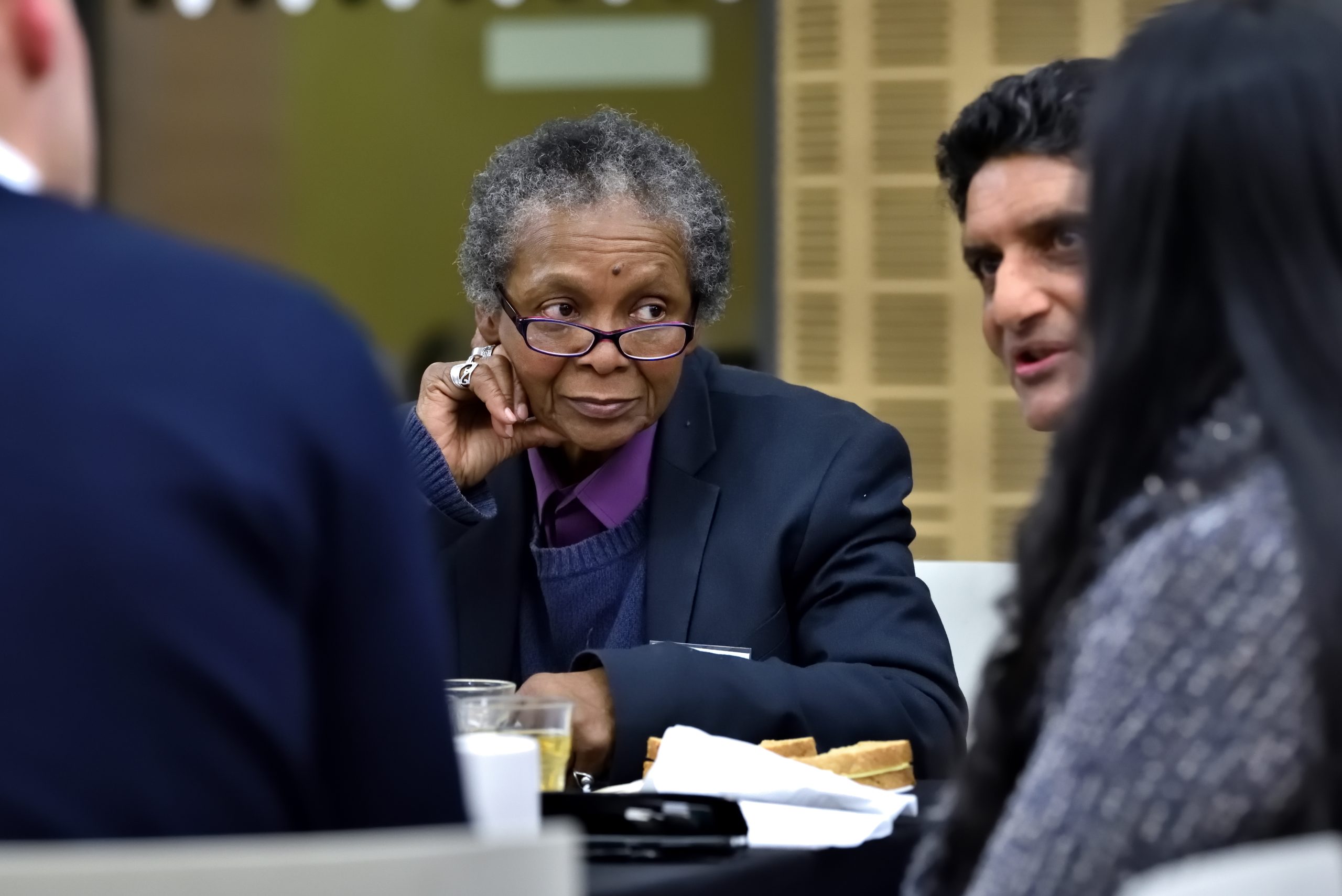
The evening was chaired by Maria Piggin, Partnerships and Training Manager, PERC and began with a welcome from Professor Mark Thursz, Director of Imperial BRC and Professor Helen Ward, Director of PERC.
Reflections so far
Two Community Partners Phayza Fudlalla (PERC Community Partner) and Benjamin Ward (Immunology Theme Community Partner) then shared their motivations for being a Community Partner and reflected on their experience of being a Community Partner so far.
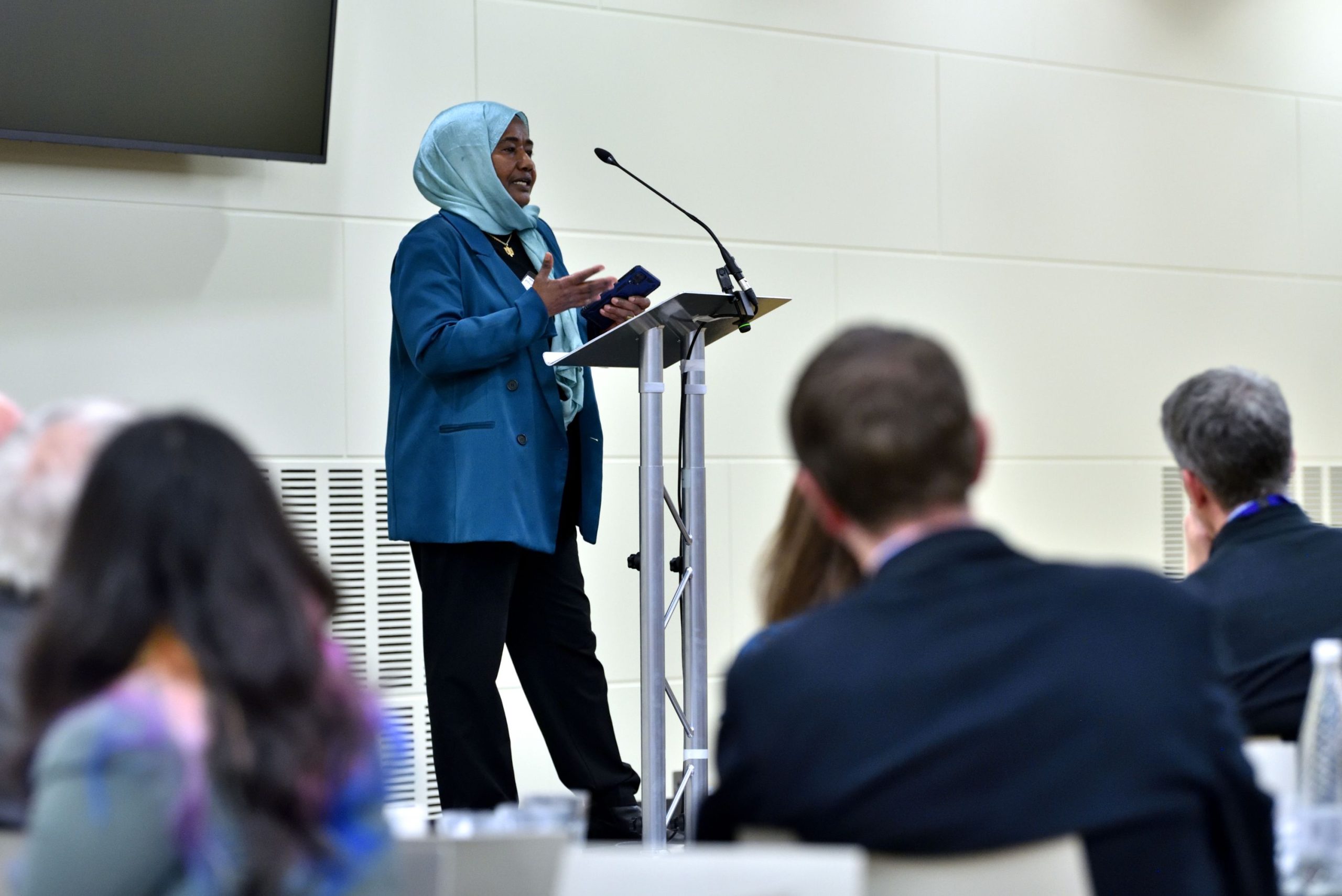
To date, the Community Partners have provided advice on a broad range of public involvement and engagement activities across the Imperial BRC Research Themes including: staff recruitment; funding of Theme pilot projects; co-creation of public engagement events; interviewing of PhD candidates; co-delivery of training to students and healthcare professionals about public involvement in research, judging schools poster competitions; advising on how to widen participation in Imperial BRC research studies so they are more reflective of all the North-West London population; and connecting us with underrepresented and under-served communities.
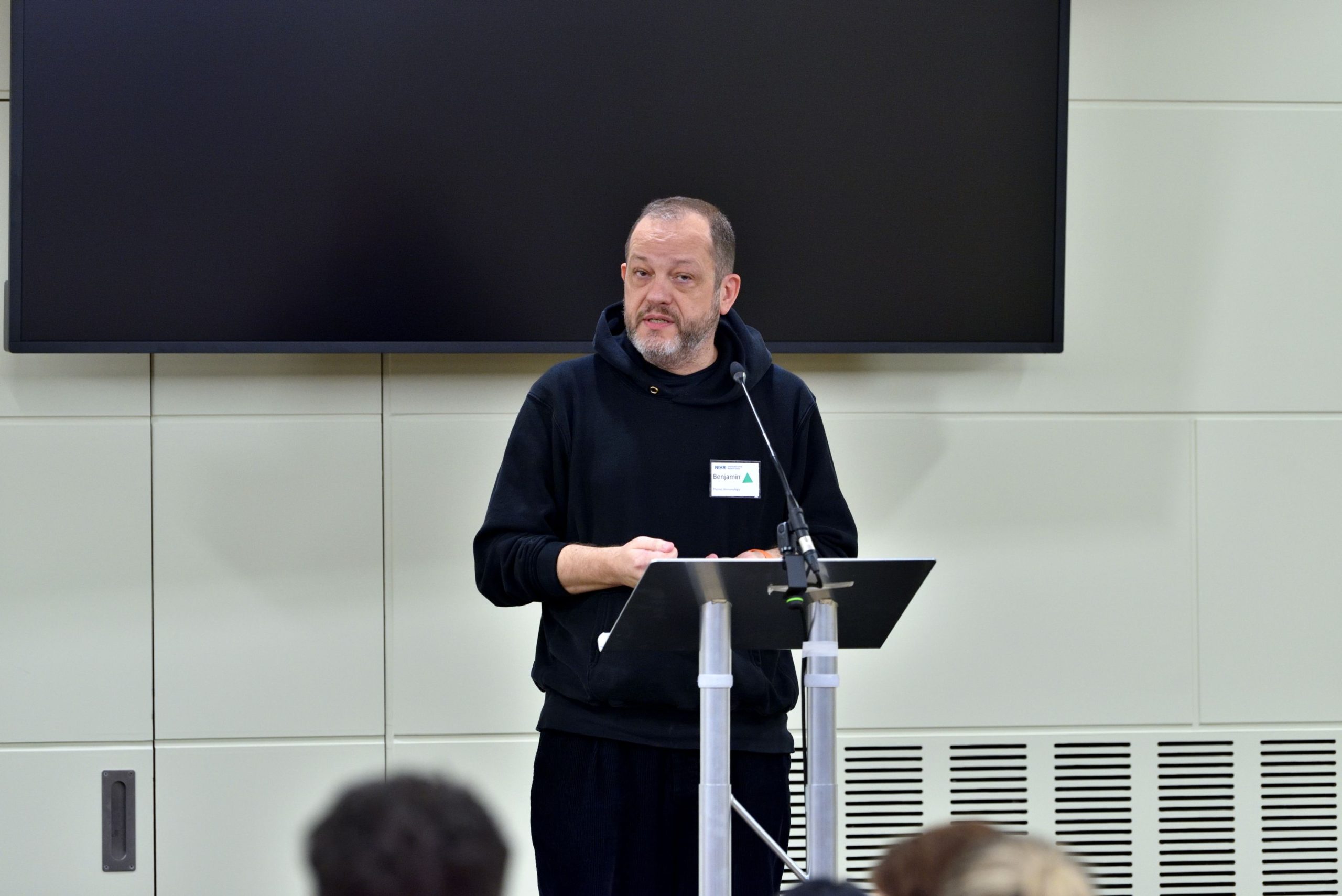
Following these reflections, light refreshments were served with the opportunity for networking on the tables. We designed a set of questions to help start conversations between Community Partners and researchers, which were available on each table if needed as well as table facilitators being on hand to guide conversations. Active and lively conversations took place across the tables, which led to collaborations and plans for future sessions at community-based events.
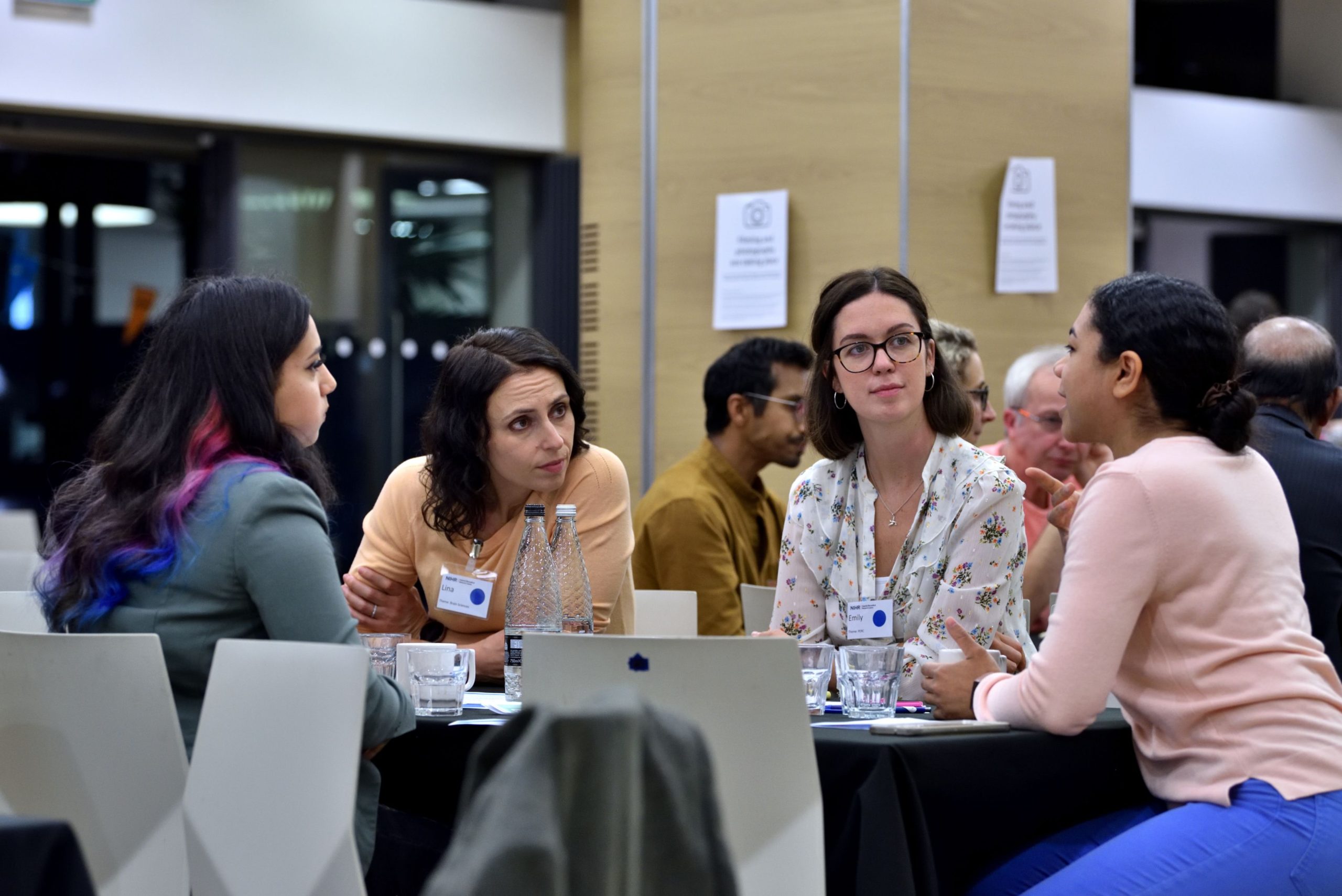
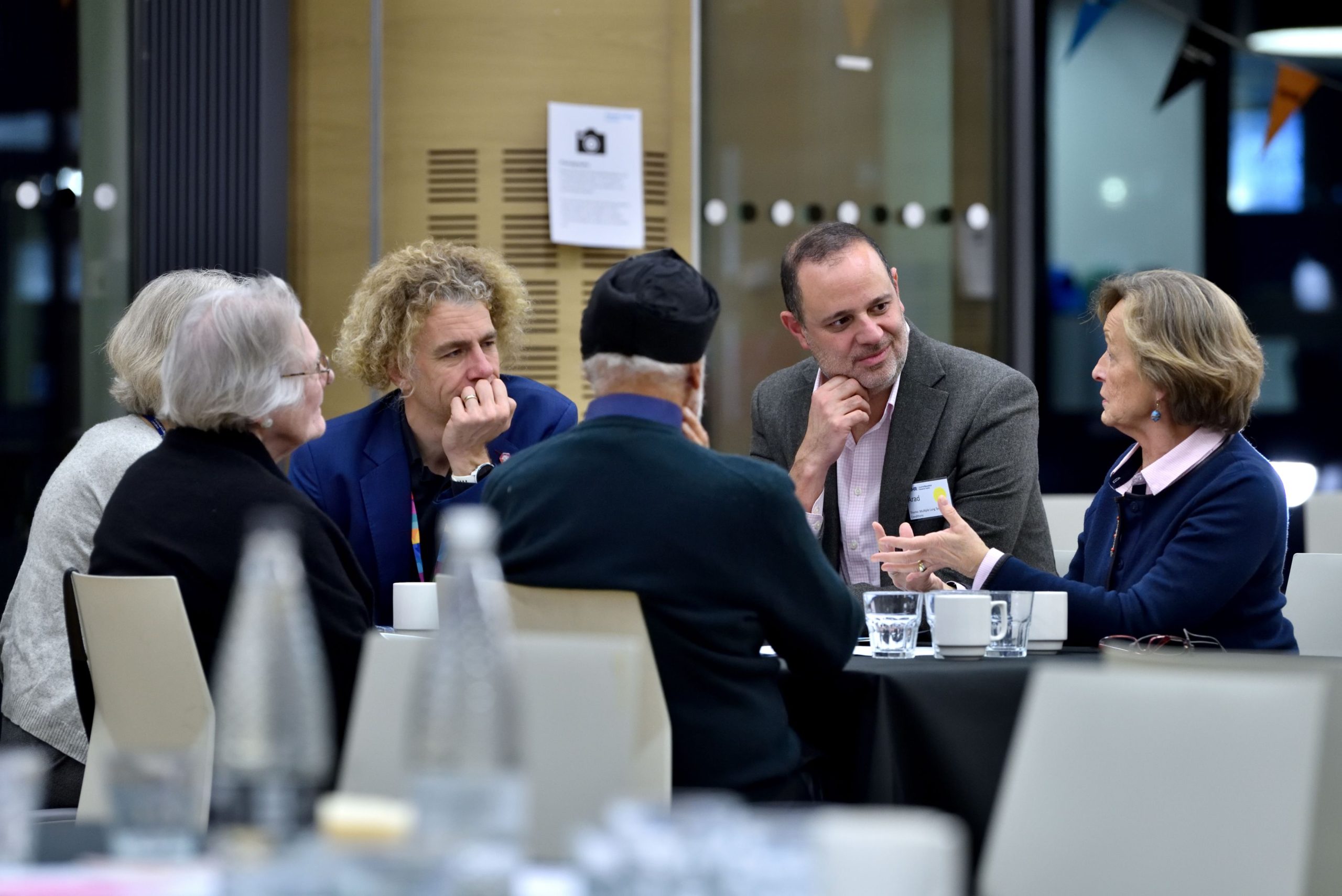
Inspiring Examples of Public Involvement
After discussions at tables over refreshments, attendees were brought together again for two inspiring talks about public involvement in research co-delivered with public contributors involved in each project.
Developing an implant to prevent breast cancer-related lymphoedema
The first talk entitled: ‘Developing an implant to prevent breast cancer-related lymphoedema’ was delivered by Arushri Swarup, Research Associate, Surgery and Cancer Theme, with public contributor, Kirstin Spencer. They discussed the development of an implant to prevent breast cancer-related lymphoedema and how patients involved in the project informed the design of the implant and helped to raise awareness of breast cancer-related lymphoedema. You can find out more in their blog post, an awareness video created with the patient group and a video detailing the process of the research group’s public involvement.
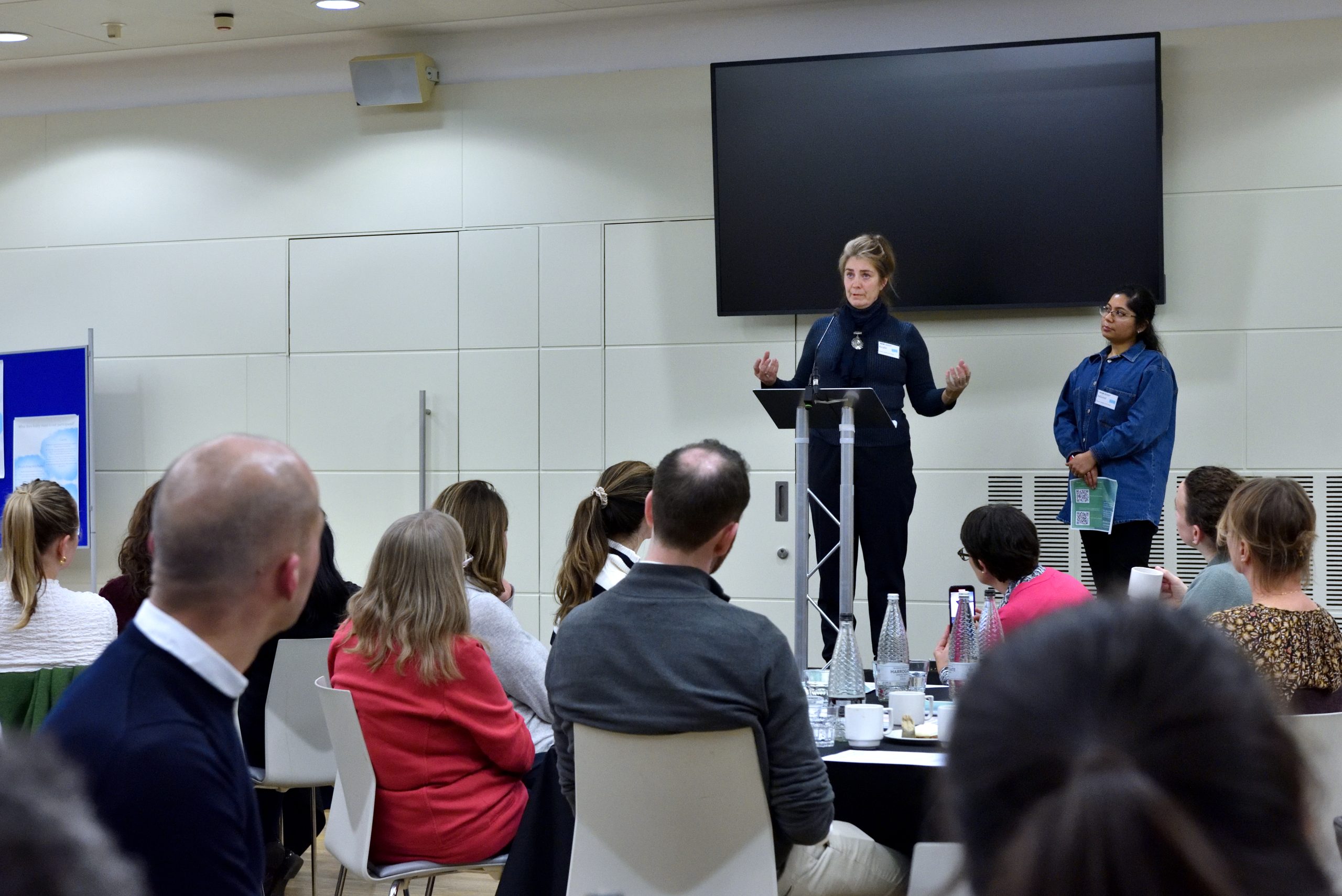
“The talks were inspiring. Also the informal seated arrangement enabled people to get together and chat comfortably.”
Attendee feedback
Decision making in people living with frailty
The second talk entitled ‘Decision making in people living with frailty’ was delivered by Adam Lound, Research Physiotherapist and researcher (PERC) with public contributor, Linda Makins. This research project explored how people living with frailty made decisions about their healthcare and the treatment they would want if they became very unwell. Through a series of co-design workshops, the researchers worked together with people living with long-term conditions, their families and healthcare professionals to develop information materials based on what had been learnt from the interviews and focus groups held during the first phase of the study. You can view the animation the team created ‘Planning for stormy weather when living with frailty’ and the journal article “I’d rather wait and see what’s around the corner”: A multi-perspective qualitative study of treatment escalation planning in frailty.
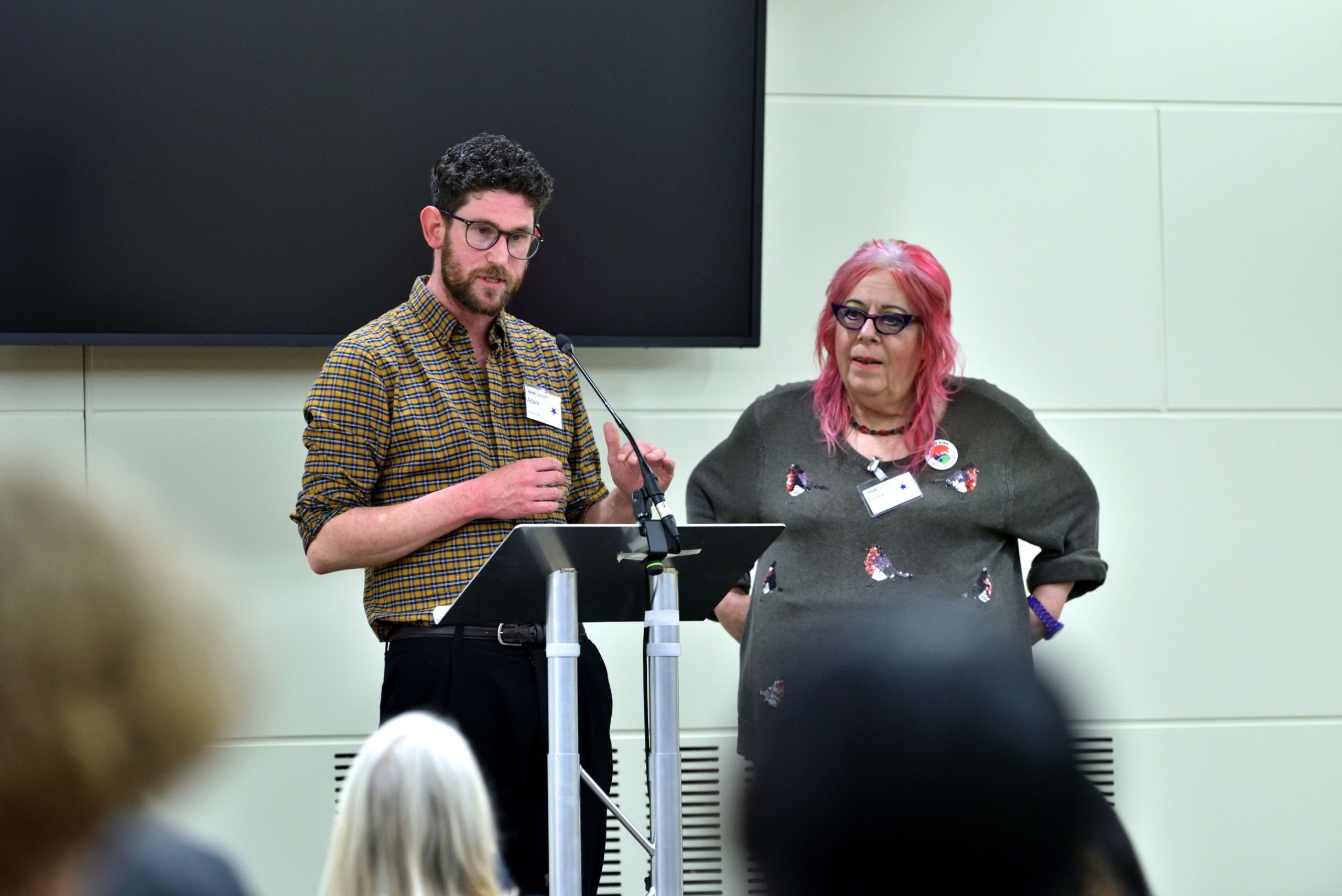
The evening was closed by Professor Helen Ward who thanked attendees for making this first event a success. The PERC team expect to make this an annual event to informally bring together Community Partners and researchers from across the Imperial BRC Research Themes, and to celebrate the differences public involvement is making to our research and inspire those new to public involvement. To help make these events more accessible, they will alternate between being online-only and in-person. We look forward to many more of these events!
Find out more:
-
- Read more about the Community Partner framework and how PERC is working with communities across North-West London to enhance research at the Imperial BRC.
